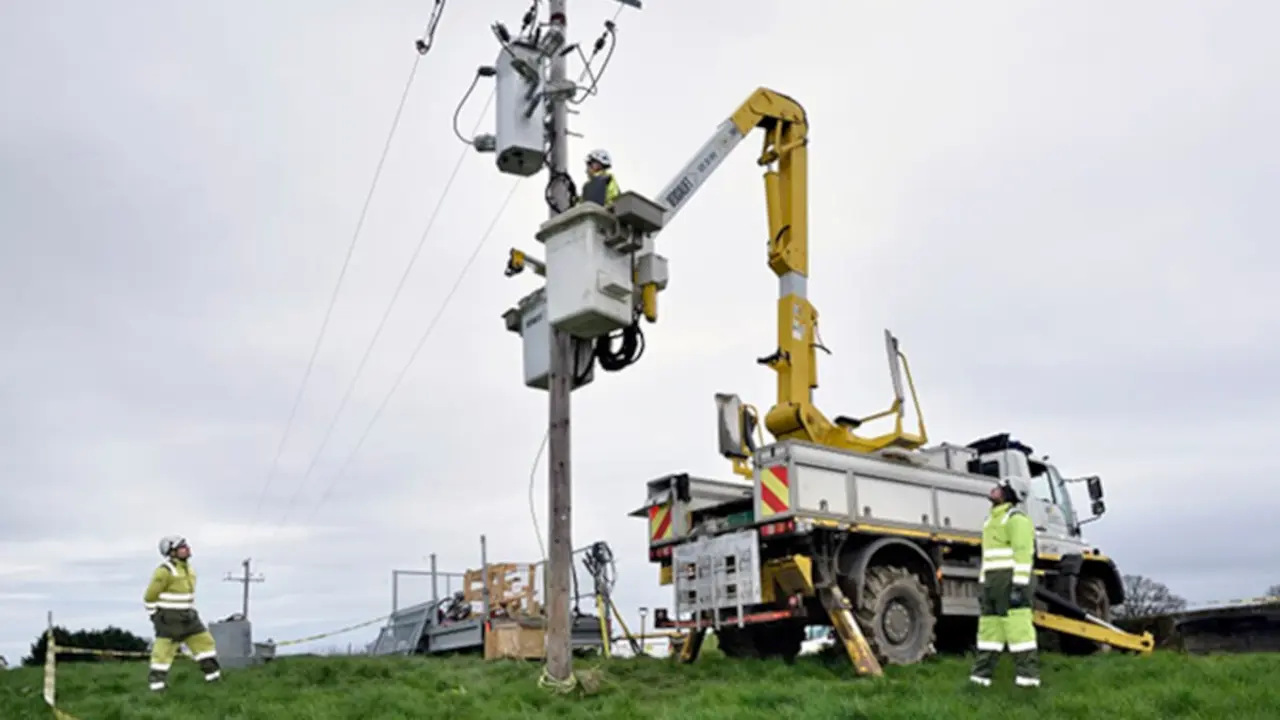López Obrador prepares a tax reform for 2022

Mexico's treasury authorities are working to incorporate a series of modifications to the tax reform being promoted by socialist president Andrés Manuel López Obrador (AMLO) for the second half of his presidential term (2018-2024) into the 2022 Revenue Law, his annual budget.
For the tax reform to be implemented in 2022, the reform package must be in place by September 2021. AMLO, a fiscal conservative, promised since his campaign that there would be no new taxes or increases during the first three years of his six-year term, which expires in December 2021.
Mexico's finance minister, Arturo Herrera, said "what we have to do is discuss, tax reforms have many elements, one of which could be tax facilitation. In any case, if the tax reform is proposed in September, it will come into force in 2022," Herrera said in an interview with Radio Fórmula.

He said the government does not plan to implement tax rate increases in an upcoming tax reform and will instead focus on closing loopholes in the laws, improving tax efficiency and expanding the taxpayer base.
In mid-May, Arturo Herrera stressed the need for "deep reflection" on whether current revenue levels are what the nation requires in the medium term. Regarding economic recovery after the pandemic, Herrera estimates that "we are going to recover around 60 per cent of what we lost", anticipating a better GDP performance as vaccination advances.

The Mexican economy was hit hard last year by the COVID-19 pandemic and fell by 8.5% at an annual rate, although the government forecasts a rebound in gross domestic product (GDP) of 5.3% by the end of 2021.
"We are coming out of the worst crisis of the last 90 years, not just economic, but health," Finance Undersecretary Gabriel Yorio told Reuters in an interview on Tuesday. He added that it was a "very bad time to think about burdening taxpayers and the economy, especially in the recovery phase," with more taxes.

The International Monetary Fund (IMF) last year urged the government to implement a tax reform, once the country recovered from the COVID-19 pandemic, that would help boost the economy and support spending in the medium term.
Despite Morena's loss of political power after the 6 June federal election results, it and its allies have the majority needed to pass fiscal reforms, which require only a simple majority (50 per cent plus one vote) in both houses of Congress.

This reform is part of the so-called fourth transformation (4T), which AMLO promised in his election, a move that many considered pretentious, as it aims to place his government, before his mandate begins, at the level of three other key moments in Mexico's history.
The first transformation was Independence; the second was the Reform, where the Church was separated from the State among other initiatives; the Revolution, where the current Constitution was promulgated, constitutes the third reform. Other controversial projects, such as the energy reform, are part of the 4T.

While many of AMLO's supporters view the idea of a 'Fourth Transformation' with optimism, many others doubt how far-reaching this vision will be. "The idea that López Obrador would bring about a fourth transformation of Mexico became a powerful campaign slogan and helped give the candidate that messianic air that excited so many of his followers," commented Mexican writer and journalist Sergio Sarmiento in the daily Reforma.
"Only later historians will be able to determine whether López Obrador's government will be a great transformation or an outright disappointment. For the next president to proclaim this beforehand seems a gesture of arrogance," Sarmiento said.
The renowned newspaper The Economist was highly critical of the president and his 4T, describing him as a "power-hungry", "authoritarian populist" who mocks the rule of law and that the next three years of his mandate will determine the depth and duration of the damage he does to Mexico and its democracy.

The media argues that he divides Mexicans into two groups: "the people", by which he means those who support him; and the elite, whom he denounces, often by name, as criminals and traitors whom he blames for all of Mexico's problems. Despite having done good things, "he has a love for ideas that have been tried and tested and proven not to work", such as his nostalgia for the government's oil monopoly that AMLO's energy reform promotes.
The journalist Jorge Zepeda, pointed out that the English media did not show rigorousness in its analysis and questioned whether The Economist would be capable of carrying out an exercise with objectivity despite its ideological discrepancy with the Mexican president. Héctor Vasconcelos, a senator from AMLO's party, Morena, posted on his social networks that "the day the magazine's correspondents talk to real Mexicans - those who do not speak English - and not just to their predecessors, to some organic intellectuals and members of Board Rooms, the day they understand something of Mexico's history, that day they will understand the López Obrador phenomenon and the Fourth Transformation".








